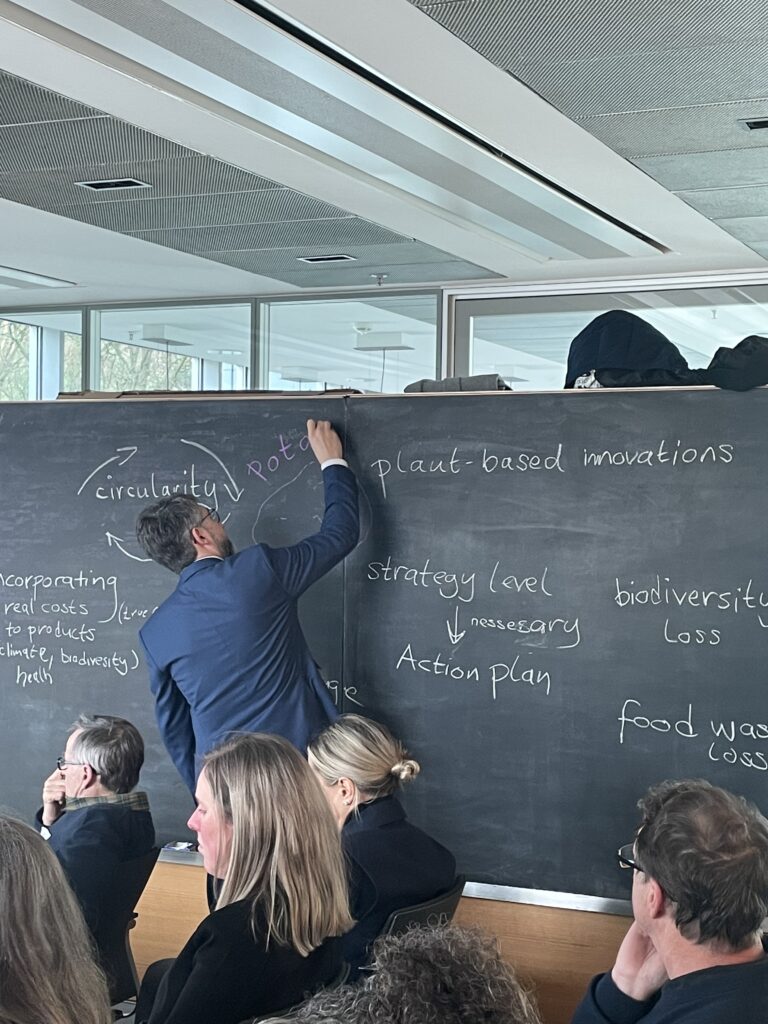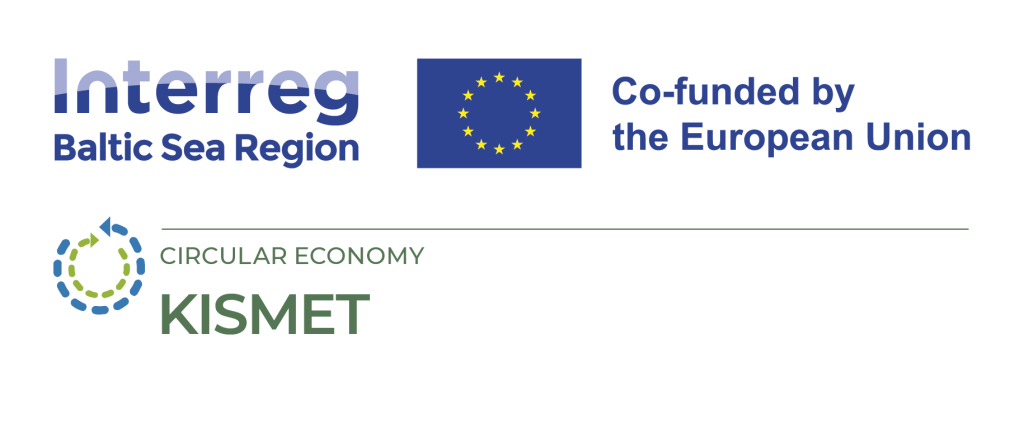In January of this year, Vidzeme Planning Region started participating in the Interreg Baltic Sea Region programme’s 2021-2027 project Sustainable Food Environments (KISMET). The main goal of the project is to develop and test a program to promote the creation and development of sustainable food systems in municipalities and/or regions. Since municipalities have one of the most important roles in the areas of business promotion, health, procurement, food policy and environment, KISMET will offer municipalities and regions clear tools that will help them work better with the management of sustainable food systems while promoting sustainable food consumption and production.
Along with the European Green Deal policy, as well as the From Field to Fork strategy developed within it, Vidzeme Planning Region also puts more and more emphasis on activities and projects that would promote the implementation and development of new, more sustainable food systems in the region. Latvian Food Bioeconomy Cluster, which is an associate partner of the KISMET project and will participate in the planning and implementation of regional activities, also plays an important role in these processes.
Thanks to the cooperation and discussions with local government, food and agricultural companies, industry experts, it has been possible to find out the main problems in the creation of short food supply chains. They are mostly related to public catering procurement, general awareness of the importance and role of sustainable food in the local economy and public health. Therefore, within the framework of the KISMET project, the education of certain target groups about sustainable food will be carried out, while promoting the demand for it. For example, training on developing menus for public kitchens, how to include seasonal food products as much as possible, how to ensure the necessary nutritional value by diversifying products, is planned. On the other hand, to promote the supply of sustainable food, cooperation between the parties involved in the food system will be developed, offering new knowledge on the creation of short food supply chains and the production of innovative products.
When actualising these issues and involving more and more interested parties in discussions and actions regarding the development of new agricultural and food industry models, the need for a regional food strategy is highlighted which also helps in developing sustainable food systems in the Vidzeme region and its municipalities. This need will be addressed with the help of the KISMET project by developing a Food Strategy for Vidzeme, including data and evidence-based recommendations for the implementation of the From Field to Fork strategy.


